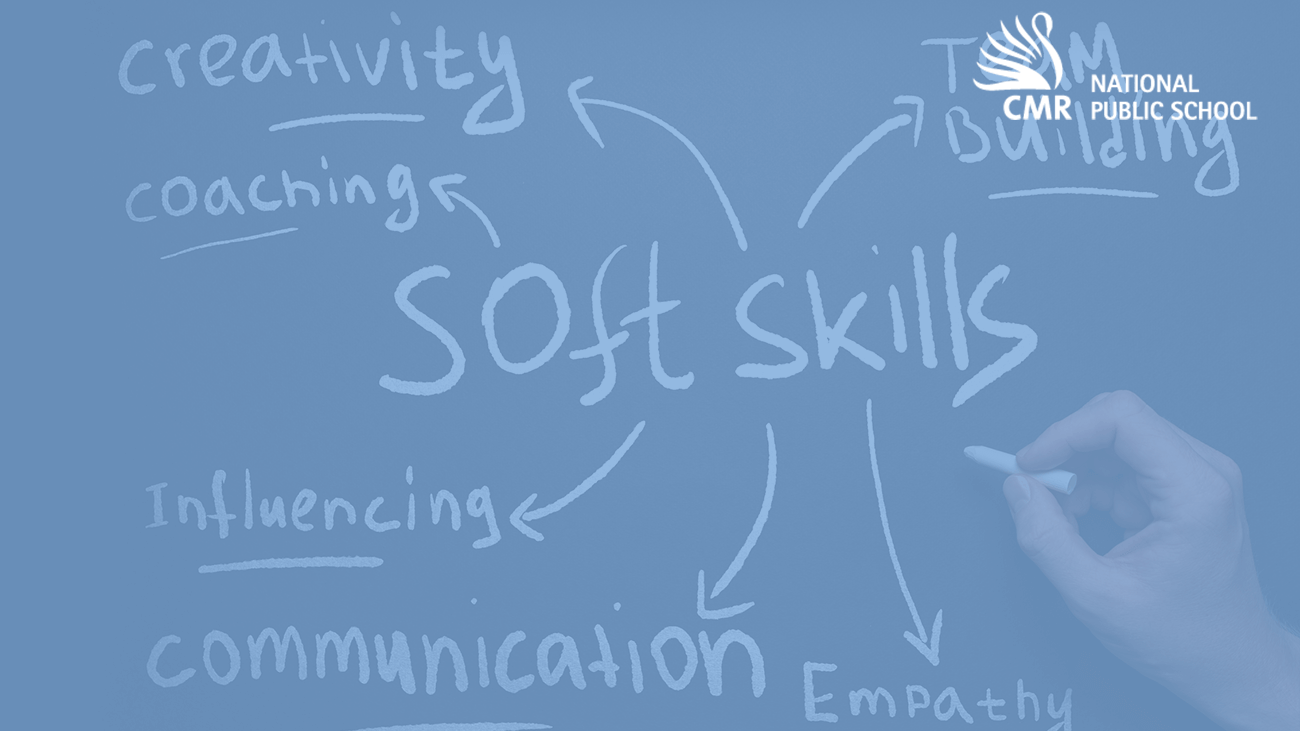Reading is an essential skill that every student should possess. It is a fundamental tool for communication, learning, and academic success. Unfortunately, in today’s fast-paced world, students are increasingly distracted by technology and other activities that divert their attention away from reading. As a result, reading habits have declined, leading to an increased focus on the importance of reading for students. This article will discuss the importance of reading for students, including its benefits, and how it can help in academic and personal development.
- Enhances cognitive development
Reading helps to develop the cognitive skills of students. When students read, their brains work hard to make sense of the words on the page. This process improves the brain’s ability to process information, enhances memory and concentration, and strengthens problem-solving and critical thinking skills. Reading also stimulates imagination, creativity, and curiosity, which are essential for academic and personal growth.
- Improves academic performance
Reading is essential for academic success. Students who read regularly tend to perform better in school than those who don’t. They have better vocabulary, reading comprehension, and writing skills, which are essential for academic achievement. Reading also exposes students to new ideas, perspectives, and knowledge, which they can apply in their studies. Moreover, reading can help students develop a love for learning, which is crucial for lifelong success.
- Builds language skills
Reading is an effective way to develop language skills. As students read, they are exposed to new words, phrases, and sentence structures, which they can incorporate into their language. This process helps to improve vocabulary, grammar, and syntax, making students better communicators. Furthermore, reading different types of literature helps students to understand the nuances of language, including tone, style, and voice, which is vital for effective communication.
- Enhances social and emotional development
Reading can help students develop empathy, social awareness, and emotional intelligence. When students read literature, they encounter different characters, cultures, and situations, which can help them understand and appreciate diversity. This exposure to diverse perspectives can broaden their worldview, increase their tolerance, and promote empathy. Moreover, reading can help students process their emotions, develop self-awareness, and improve mental health.
- Builds imagination and creativity
Reading is an excellent way to stimulate imagination and creativity. When students read, they imagine characters, settings, and situations, which helps to develop their creative thinking skills. They also learn to think outside the box, generate new ideas, and apply them in various contexts. Furthermore, reading different genres of literature can expose students to different writing styles, themes, and ideas, inspiring them to create their own work.
- Encourages lifelong learning
Reading is a lifelong learning tool. When students develop a love for reading, they are more likely to continue learning and exploring new ideas throughout their lives. Reading exposes students to different perspectives, challenges their assumptions, and encourages them to question and explore the world around them. Moreover, it helps them to develop a growth mindset, which is essential for continuous learning and personal growth.
In conclusion, reading is a vital skill for students that can have a significant impact on their academic and personal development. It enhances cognitive development, improves academic performance, builds language skills, enhances social and emotional development, builds imagination and creativity, and encourages lifelong learning. Therefore, it is essential to encourage students to read regularly, provide access to diverse literature, and promote a love for reading from an early age.


